Billion-Dollar Research Hub Coming to Metro Atlanta
Billed as a “knowledge community,” Rowen will feature offices, research facilities, public spaces and multifamily residences.
A nearly 2,000-acre “knowledge community” and research hub that will cost billions of dollars to build out by the end of the century and could create up to 100,000 jobs is beginning to take shape in metro Atlanta’s Gwinnett County in Georgia.
Rowen will include offices, research facilities, public spaces and multifamily residences with an emphasis on agriculture, medicine and the environment. Steered by the nonprofit Rowen Foundation, the plan is to bring together public institutions and private industries to encourage research to solve future problems and current challenges like the pandemic.
READ ALSO: Why the Life Sciences Boom Is Not Likely to Bust
“We foresee research taking place on food sources, medical treatments, vaccines, climate change, renewable resources, urban ecology, etc. This includes the countless enabling technologies that power innovation in those areas, such as robotics, artificial intelligence, advanced manufacturing, biotechnology and microelectronics,” a Rowen spokesperson told Commercial Property Executive.
The massive undertaking was unveiled in August 2020. Gwinnett County officials are backing the project until it becomes self-sustaining and have agreed to invest more than $70 million to date. In April 2021, the county agreed to spend $125 million to expand sewer and water services and trails to service Rowen and other parts of eastern Gwinnett County. That work is expected to get underway in September. Rowen’s own infrastructure project is expected to cost $25 million and will break ground in October. The work on roadways, trails and utilities within the property will take approximately 12 to 18 months to complete.
Rowen expects to break ground on its Convergence Center, a building that will be the home of the Rowen Foundation and provide meeting and collaboration spaces for higher education partners and others in the community, in late 2023 or early 2024. Additional sites for development will be available in late 2023 as well, but the first vertical construction will be dependent on ongoing recruitment.
Impact on region, state
Project construction costs are expected to reach $1.1 billion by 2035, $3.4 billion by 2050 and nearly $7 billion by full buildout. Rowen is estimated to generate $3.8 billion in economic activity by 2035, $6.6 billion by 2050 and $11.3 billion by full buildout. Planners expect 18,500 jobs to be created by 2035, 55,000 by 2050 and from 80,000 to 100,000 by full buildout.
Rowen leaders are working with the Georgia State Department for Economic Development and have several prospects to locate at the site, which is situated along Highway 316 near Dacula, Ga. It is an easy drive from more than 50 Fortune 1000 headquarters and within one hour of more than 50 research and educational institutions. The site is also near Hartsfield-Jackson International Airport and Interstate 85. It is equidistant from Atlanta, Athens, Ga., and Gainesville, Ga., which offer one of the nation’s most educated and diverse workforces.
“We have seen interest from companies representing a variety of fields that would require office space as well as lab, technology and prototyping facilities,” the spokesperson said. “We would also like to see formal connections between the companies we recruit and our universities in ways that further experimental learning opportunities, accelerate speed to market and research commercialization.”
The Rowen Foundation, led by President Mason Ailstock, who previously served as chief operating officer at Research Triangle Park in North Carolina, plans to establish new, global best practices in sustainable, zero-emission strategies during the development and operational phases of Rowen. The plan is to weave natural beauty into each element of the design to create an unforgettable sense of place. Much of the heavily wooded site will be left in its natural state.

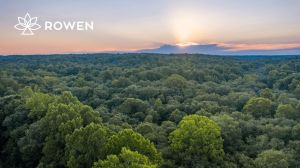
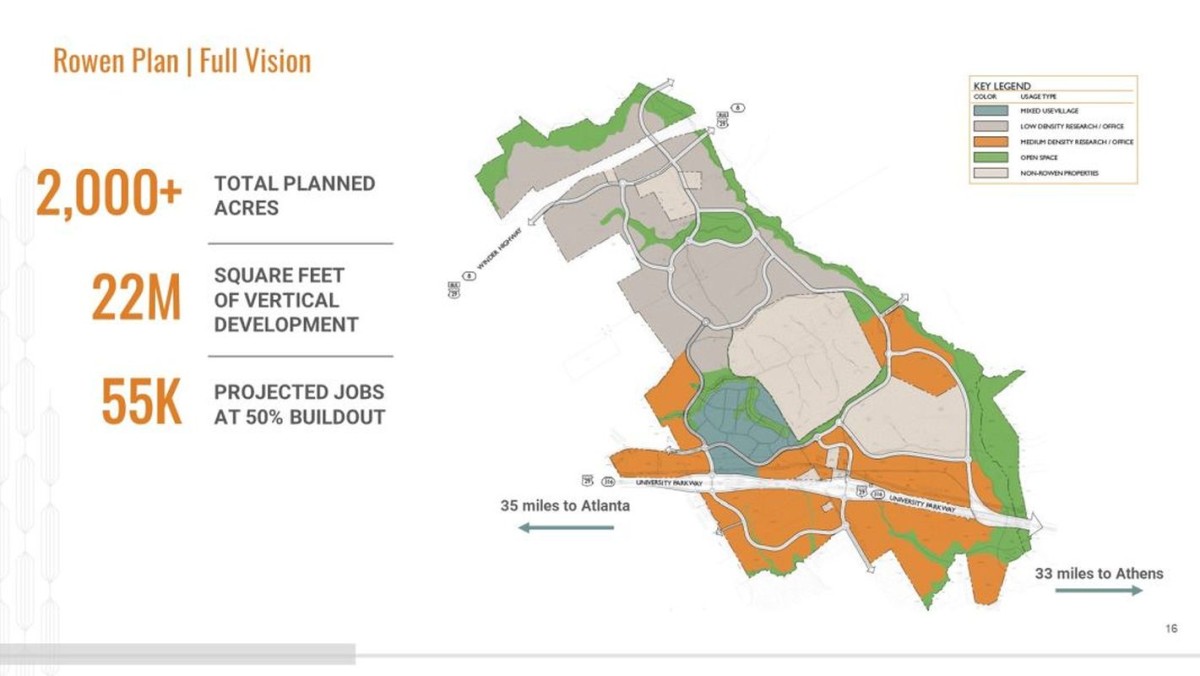
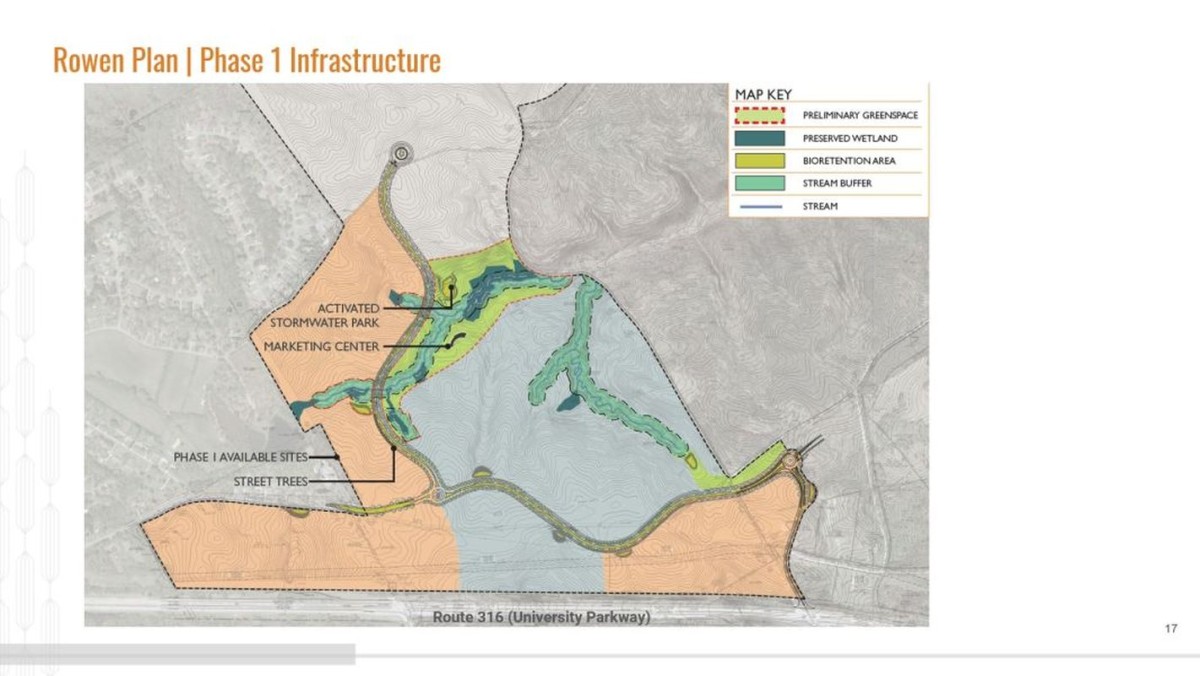


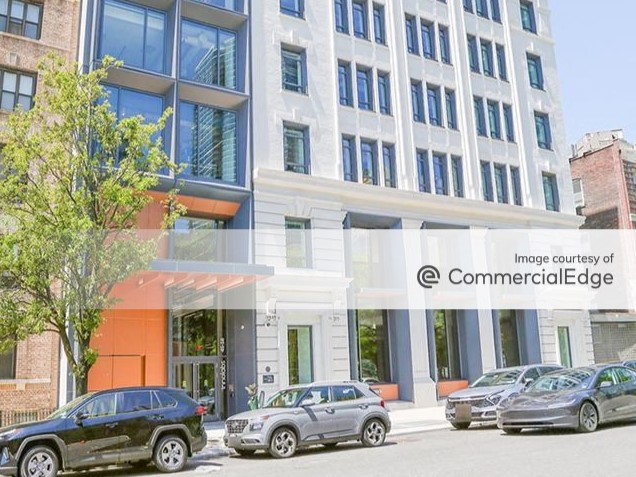
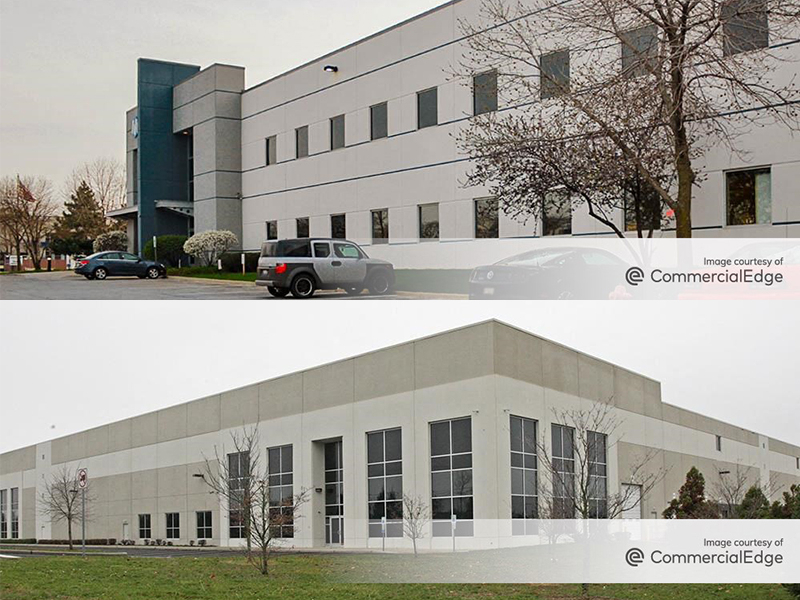
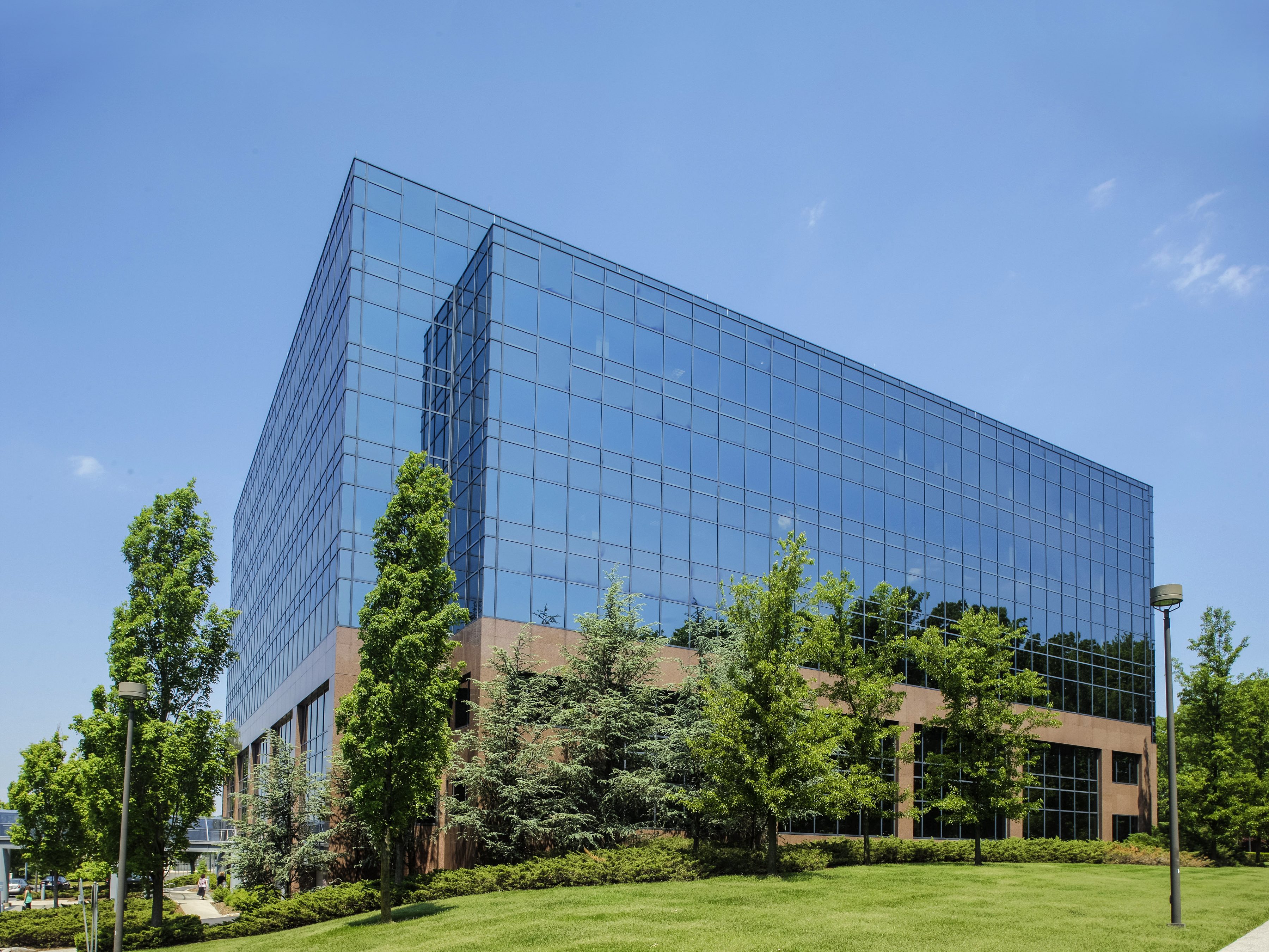
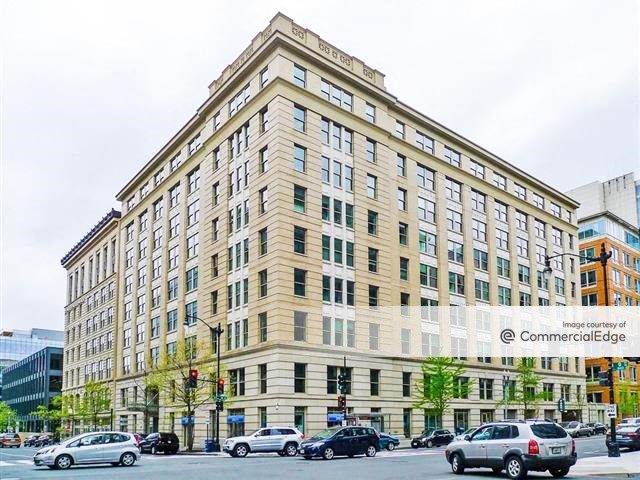
You must be logged in to post a comment.